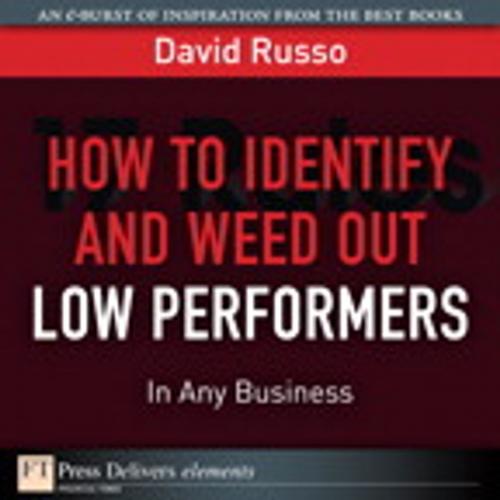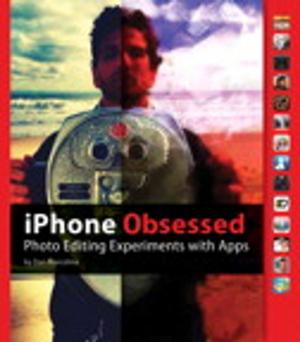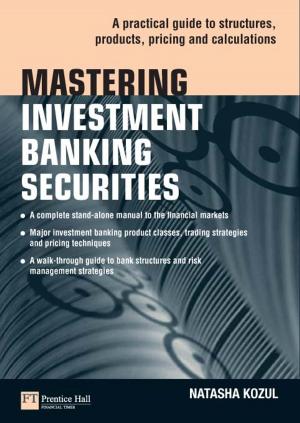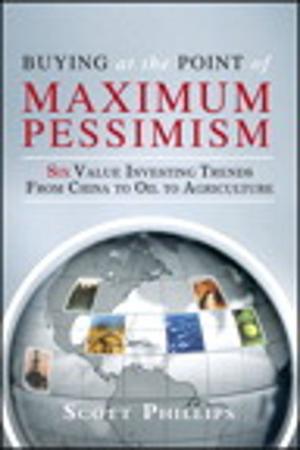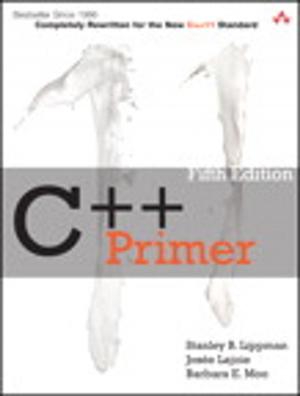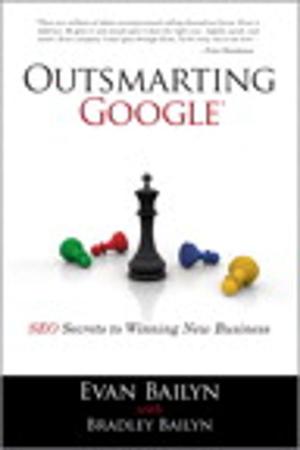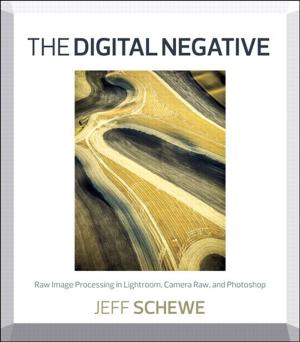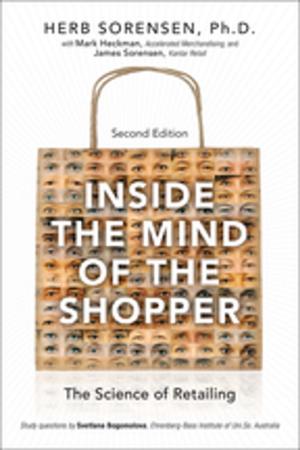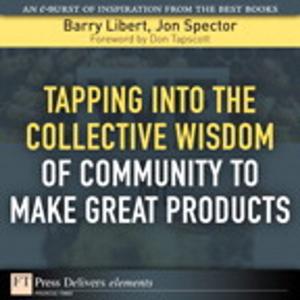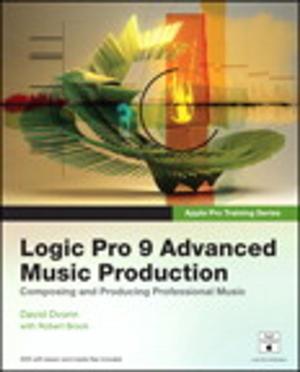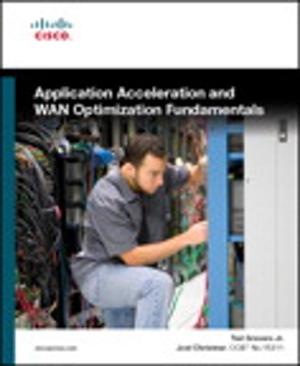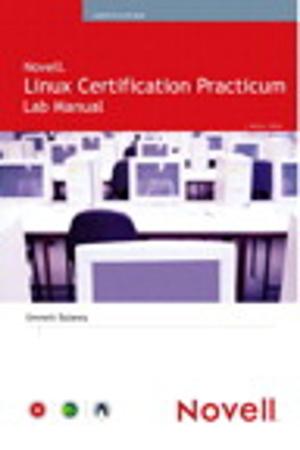How to Identify and Weed Out Low Performers in Any Business
Business & Finance, Human Resources & Personnel Management, Skills, Entrepreneurship & Small Business| Author: | David Russo | ISBN: | 9780132102315 |
| Publisher: | Pearson Education | Publication: | April 16, 2010 |
| Imprint: | FT Press | Language: | English |
| Author: | David Russo |
| ISBN: | 9780132102315 |
| Publisher: | Pearson Education |
| Publication: | April 16, 2010 |
| Imprint: | FT Press |
| Language: | English |
This is the eBook version of the printed book.
This Element is an excerpt from 17 Rules Successful Companies Use to Attract and Keep Top Talent: Why Engaged Employees Are Your Greatest Sustainable Advantage (9780137146703) by David Russo. Available in print and digital formats.
A better way to identify low performers and help them improve--or manage them out of the organization.
To manage out nonperformers, you have to create a model for evaluating their contribution, and that model has to be based on that person’s capability--not some abstract ideal of performance that is universally and unilaterally applied to everyone. Once you’ve established that model and communicated it clearly, the choice of whether an employee stays or goes is up to them, and you never have to rely on punishing people.
This is the eBook version of the printed book.
This Element is an excerpt from 17 Rules Successful Companies Use to Attract and Keep Top Talent: Why Engaged Employees Are Your Greatest Sustainable Advantage (9780137146703) by David Russo. Available in print and digital formats.
A better way to identify low performers and help them improve--or manage them out of the organization.
To manage out nonperformers, you have to create a model for evaluating their contribution, and that model has to be based on that person’s capability--not some abstract ideal of performance that is universally and unilaterally applied to everyone. Once you’ve established that model and communicated it clearly, the choice of whether an employee stays or goes is up to them, and you never have to rely on punishing people.
